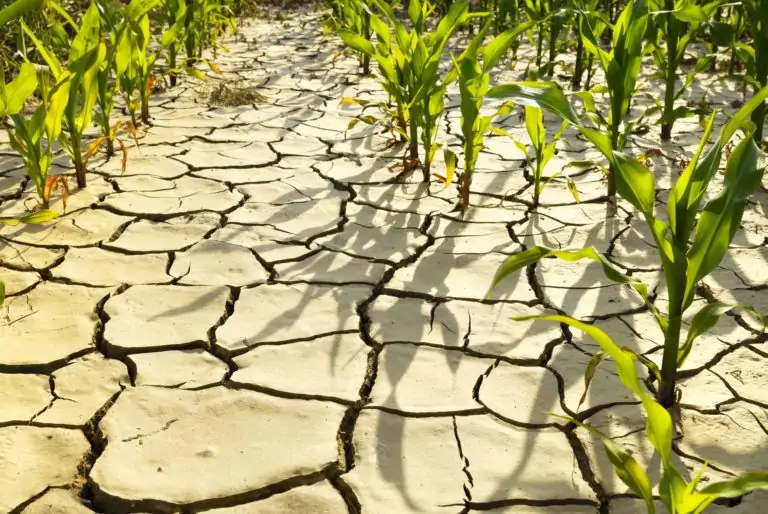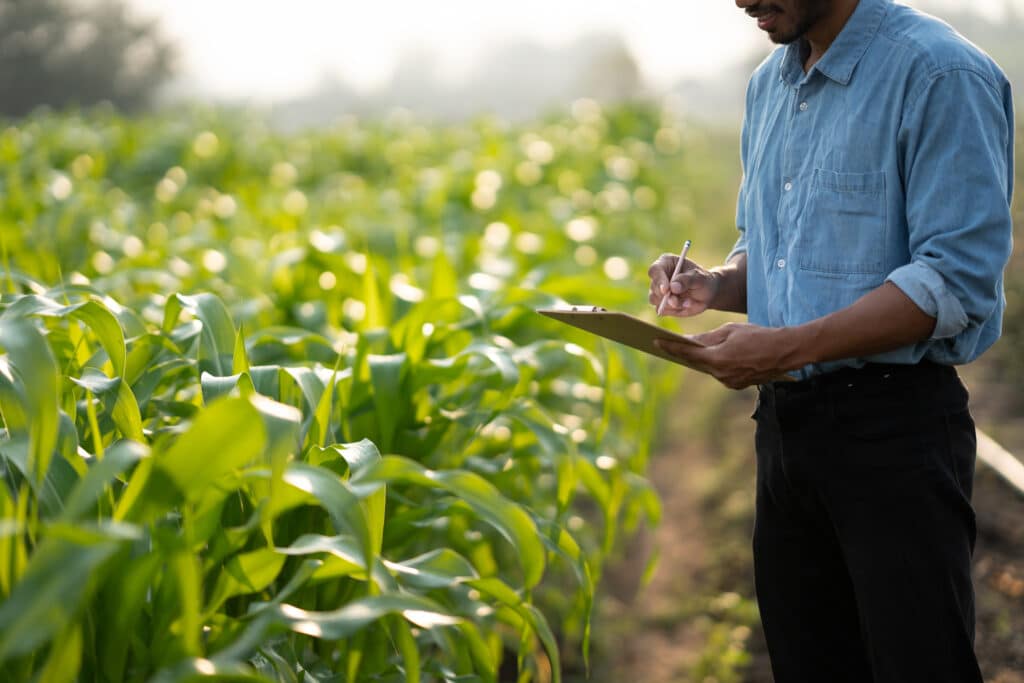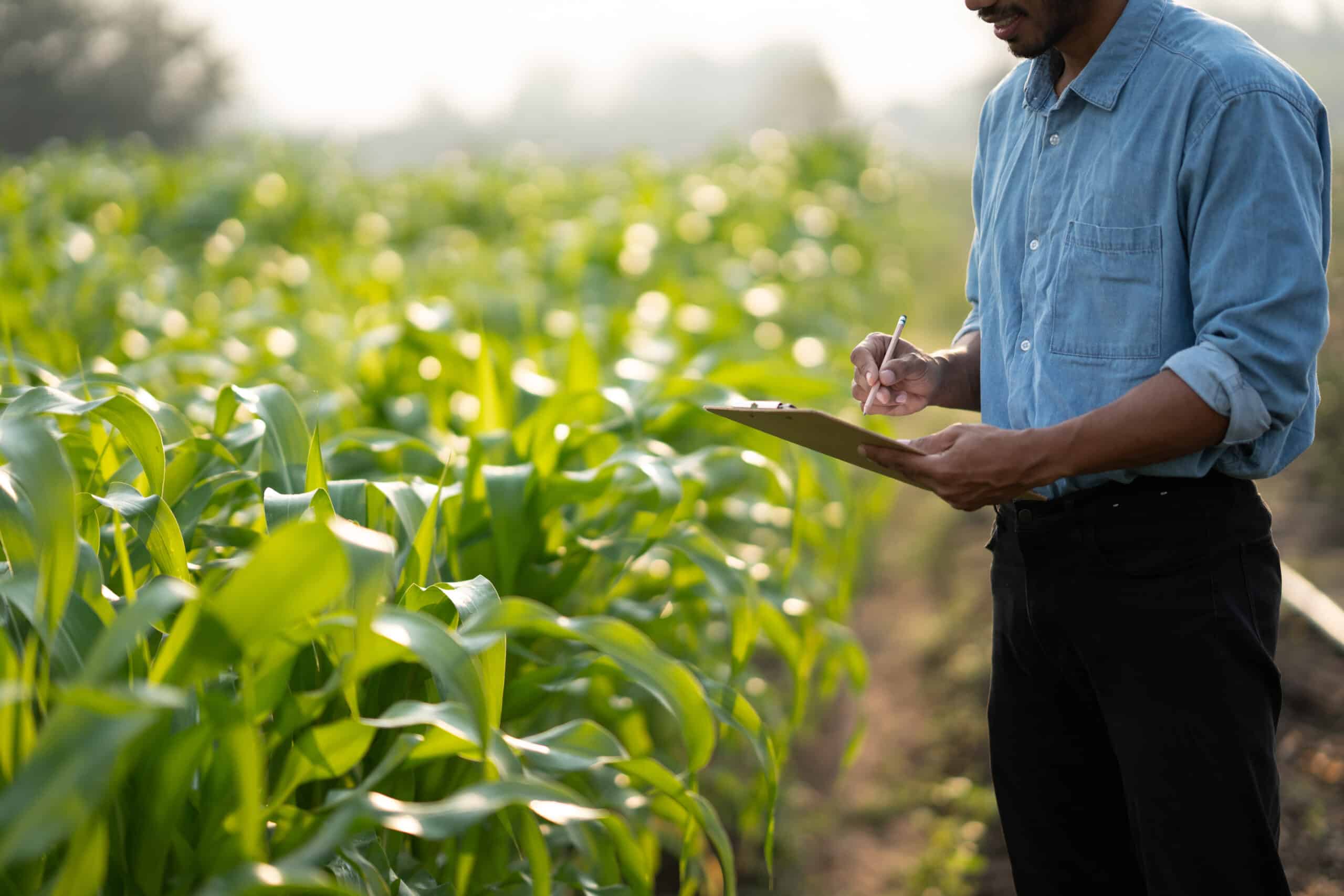Climate-related impacts are already reducing staple crop yields in some parts of the world, and this trend is forecast to continue as climate change advances. To try and minimise the detrimental effects of this, Qatar and the Gates Foundation will jointly invest up to $200 million over the next two years to help prepare farmers in developing countries to adapt to climate change.
These moves are coming in preparation for the expected increased water stress coupled with more frequent extreme weather events that will have negative consequences for farm production. Varieties bred for high yields are particularly at risk. Crop and animal pathogens are also expected to expand their geographical range due to rising temperatures. This will lead to increased food price volatility and reduced food quality, along with shifts in farm production patterns.
How is climate change expected to impact farming?
Climate change will be particularly hard on agricultural production in Africa and Asia. Global temperature increases, combined with increasing food demand, will pose major risks to food security globally and regionally. These regional shocks may impact upon global food production patterns and lead to shifts between key food-producing regions.
According to NASA, climate change may impact the production of some crops as early as 2030. Overall maize yields are projected to decline by 24%. Maize is a staple crop, much of which is produced in countries near the equator. As average temperatures rise, key breadbasket regions in North and Central America, West Africa, Central Asia, Brazil, and China could all see maize yields decline. Wheat may see a broader area where it can be grown as temperatures rise, including the Northern United States and Canada, North China Plains, Central Asia, Southern Australia, and East Africa, but these gains may level off mid-century.
The ability of farmers to adapt to climate change is location dependent, and adaptive capacity is projected to be exceeded in regions closest to the equator if temperatures increase by 3°C or more. This will further impact trade flows as some regions will gain, some will be able to adapt and others not.
The impact of shifts in production on trade
These changes in the comparative advantages in global agriculture production will drive changes in agricultural trading patterns. Regions which once tended to be self-sufficient or net exporters may well become net importers of crops in the face of adverse climate change, while some regions – particularly in the northern latitudes – may become more competitive in a wider range of agricultural products. According to Jonas Jägermeyr, a crop modeller at NASA:
“With the interconnectedness of the global food system, impacts in even one region’s breadbasket will be felt worldwide.”
Sub-Saharan Africa (SSA) is expected to be the greatest importer of coarse grains, rice, soybeans, and wheat by 2050 driven by a rising population in the region. Exports from individual countries in SSA in key crops such as coffee and cocoa could also suffer as a warming climate will move viable production out of certain countries. The US, which in 2015 had 30% of the global market share of coarse grains, paddy rice, soybeans, and wheat will see production fall, and the US market share is projected to decline to about 10%.
In the next few decades, climate change will have profound and significant impacts on the global food system and regional patterns of food production. Whilst some farmers in temperate regions could benefit from increased CO2 in the atmosphere and more favourable conditions, the benefits are not equal and many farmers in the global south will suffer, posing some important challenges to policymakers to find ways to mitigate against these major impacts.
Farrelly Mitchell
With climate change expected to have such an interconnected impact on agricultural production, understanding how your interests may be influenced will be key.
At Farrelly Mitchell, we help our clients to find the linkages, relationships, and unintended consequences that occur on the agricultural supply chain. We provide insights into everything from government policy and regulation to agricultural techniques and market trends. By sharing our industry knowledge, we can add value to your projects, maximise the return on your investments, evaluate and improve your business plans, and set your business up for sustainable growth.














